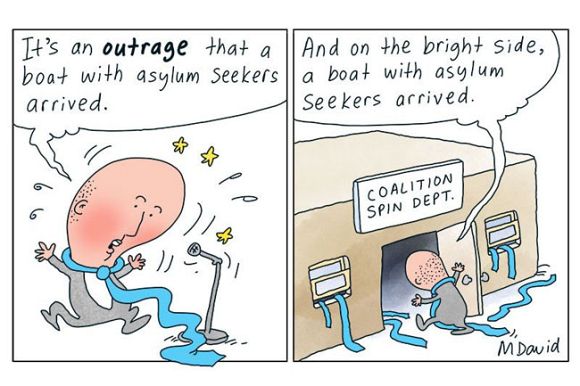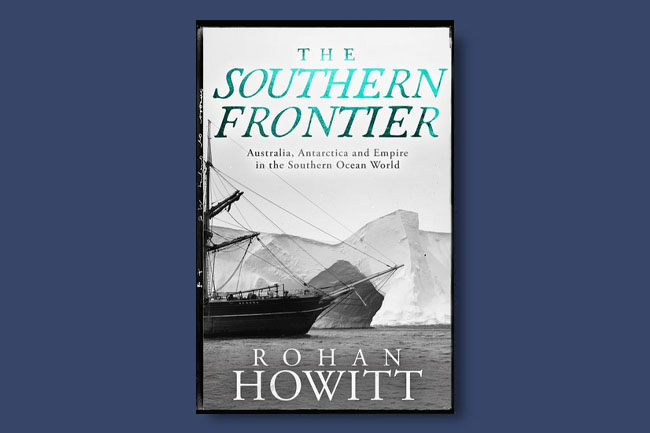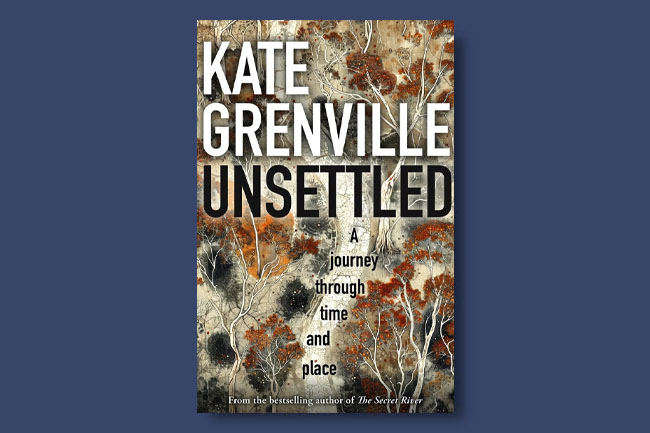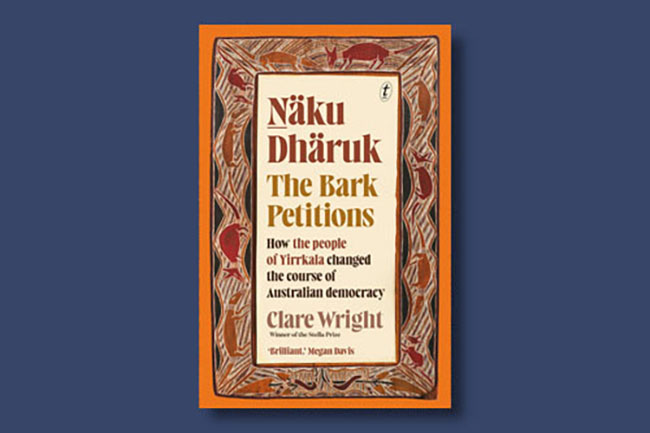Ryan Butta's 'The Bravest Scout at Gallipoli' explores the incredible story of Harry Freame, the fearless Australian war hero with deep ties to Japan.
RYAN BUTTA has an uncanny knack for uncovering the hidden stories in Australia which belie its Anglo-centric myths.
His previous book, The Ballad of Abdul Wade, dealt with one of the greatest Afghan Cameleers in the far west of NSW. It detailed how abominably he was treated by the racists of the time — one of whom became responsible for the so-called White Australia Policy.
With The Bravest Scout at Gallipoli, Butta has uncovered another story which deserves to be told. In fact, it should be taught in our schools and recalled at ANZAC ceremonies around the country.
There are numerous connections between Australia and Japan — many of which I uncovered during the nearly two decades I spent teaching there. I was assisted in this by Masako Endō, the Japanese history writer, Ian McArthur, the Australian journalist and writer who spent years in Japan; and Alison Broinowski, the Australian diplomat and historian, who alerted me to the links between our two countries.
During my many years in Japan, I visited as many places as possible with our shared story. I have kinship connections with Japan, too.
So you might understand my astonishment to read Ryan Butta’s book about a figure I had not heard of — Harry Freame. A man of heroic proportions from the first morning of the landing at Gallipoli until his evacuation to England in September with a smashed shoulder — still wishing to return to the fray with his mates. On that first day, 25 April 1915, his actions earned him the DCM (some said it should have been the VIC). He appeared to be fearless. And he was interviewed by Charles Bean who wrote the Official History of Australia at War.
So who was Harry Freame? He was born in Nagasaki in 1880 — the third child to an Australian William Henry Freame. His father arrived from Melbourne in 1867, where he married his mother Sei Kitagawa. It was apparently the first marriage permitted between a Japanese and a foreigner in the early Meiji era. Unfortunately, eight months after Harry's birth, William was dead from an aneurysm. This left Harry's mother in a parlous legal situation – without her Japanese citizenship, having married a foreigner.
Some years later with Sei Kitagawa's re-marriage – and her brother's legal guardianship of his two nephews and a niece, those difficulties were solved. But for Harry, in an era when there was much anti-Western feeling, growing up was fraught.
Butta, however, understands that Sei Kitagawa’s family and new husband provide a moral backbone to young Harry. The warrior education emphasis was on wisdom, benevolence and courage — and the code was constructed around seven principles, as described by Inazō Nitobe in his famous treatise titled, Bushidō. This is the way of the warrior: righteousness; loyalty; honour; respect; honesty; courage; and consistency.
In the story of Harry Freame, Butta shows how these principles defined the man Freame became.
Freame eventually moved to Australia in 1913, though his wife remained in England. Understanding something of the strong anti-Japanese sentiment in Australia at that time and its strident White Australia Policy, Harry appears to have been deliberately vague about his own origins, which according to his statements, suggest that he was born in remote northern Canada.
And then comes the outbreak of war. Harry enlists and is made a Scout and then with the Gallipoli landing proves himself heroic, is commended and awarded, and continues his incredible feats as a Scout until, after a number of gunshot wounds, Harry is forced back to Australia. There, he falls into the clutches of what can really only properly be called the scam of the Soldier Settler Scheme. Some might say it was the Robodebt scam of its time. One of my own grandfathers was ill-treated by the scheme — given a tiny plot of land in the Leeton-Yanco area, which was too poor and arid for any productive progress.
Ryan Butta presents Harry Fream's life in a way which turns it into a thriller. The amazing Aussie war hero and stalwart of his Soldier Settler apple-growing Kentucky NSW locale, whose story has been almost totally forgotten. And only now – thanks to Ryan Butta's diligence and passion for the truth – is Harry Freame to receive an official war grave marker befitting his heroic courage and service.
I urge everyone to read this book.
The Bravest Scout at Gallipoli by Ryan Butta, is published by Affirm Press.
This book was reviewed by an IA Book Club member. If you would like to receive free high-quality books and have your review published on IA, subscribe to receive your complimentary IA Book Club membership.
Jim Kable is a retired teacher who has taught in rural and metropolitan NSW, in Europe, and later, long-term in Japan. He is also a member of the steering committee of The New Liberals political party.
Related Articles
- BOOK REVIEW: Deceptions of World War II
- Unveiling the Secret Heroes of World War II
- BOOK REVIEW: The Culinary Canon
- Bushman Tommy Ryan, pioneer of the Labor Party
- BOOK REVIEW: Stopping Oil: Climate Justice and Hope
 This work is licensed under a Creative Commons Attribution-NonCommercial-NoDerivs 3.0 Australia License
This work is licensed under a Creative Commons Attribution-NonCommercial-NoDerivs 3.0 Australia License
Support independent journalism Subscribe to IA.














